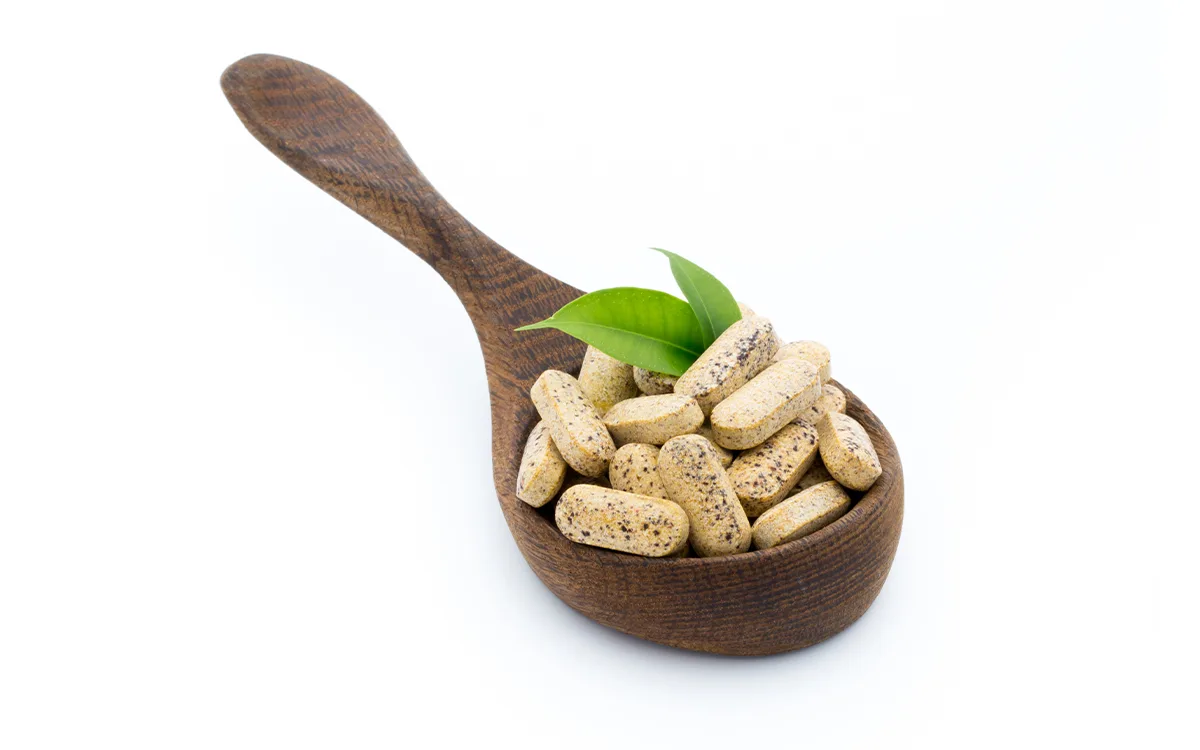Fiber might not seem exciting, but your body definitely feels its presence — especially when you start taking it every day. Whether you’re not eating enough fruits and vegetables or looking to support your digestion in a busy lifestyle, a daily fiber supplement can be a simple way to fill in the gap. But what happens to your body when you use a fiber supplement daily?
Let’s explore how your body responds, what changes you might notice, and why fiber plays such a key role in overall well-being.
Why Fiber Matters So Much
Dietary fiber is the part of plant-based foods that your body can’t digest. It passes through your system, helping with several functions along the way. You get fiber naturally from fiber-rich foods like whole grains, fruits, vegetables, legumes, nuts, and seeds. Still, most people fall short of the recommended grams of fiber per day, which is about 25g for women and 38g for men.
That’s where a fiber supplement comes in — to help you reach your daily fiber intake when your diet isn’t quite cutting it.
Types of Fiber: Soluble vs. Insoluble
There are two main types of fiber — soluble fiber and insoluble fiber — and they both serve different purposes.
- Soluble fiber dissolves in water to form a gel-like texture in the gut. This helps slow digestion and supports healthy glucose levels and LDL cholesterol levels.
- Insoluble fiber doesn’t dissolve in water. Instead, it adds bulk to the stool and helps things move smoothly through your digestive tract.
Most fiber supplements include either one or both types, depending on your health care needs.
What Happens in the First Few Days?
When you first start taking a daily fiber supplement, you may notice changes right away — especially in your digestion. These are usually positive, but if your body isn’t used to fiber, go slow.
Bowel Movements Become More Regular
One of the most common changes is more consistent and comfortable bowel movements. That’s because fiber adds bulk and moisture to your stool, helping things move along naturally.
You May Feel a Bit Bloated at First
For some people, the body takes time to adjust. Starting with a high dose may cause mild bloating or gas. This is normal and usually goes away as your digestive system gets used to the added fiber. Make sure to drink plenty of water — it helps soluble fiber do its job better.
Long-Term Benefits of Taking Fiber Daily
Sticking with your daily fiber routine can support several areas of your health. Let’s look at what your body experiences with continued use over weeks and months.
- Gut Comfort and Regularity
Taking fiber regularly helps maintain smooth and predictable digestion. It helps ease common discomforts like occasional constipation or irregularity, especially if your diet lacks sources of fiber such as fruits and vegetables.
- A Natural Way to Support Cholesterol
Certain soluble fibers, like psyllium husk, bind to LDL cholesterol in the digestive tract. Over time, this may help the body manage cholesterol naturally. It doesn’t replace a balanced diet but works well alongside fiber-rich foods.
- Feeling Satisfied for Longer
Fiber adds bulk to your meals, which can help you feel full without over-eating. This is especially helpful if you’re working toward maintaining a healthy weight or trying to avoid unnecessary snacking.
Are You Getting Enough Fiber?
Despite fiber’s many health benefits, most people don’t reach the daily recommended grams of fiber per day. Here’s a quick guide to sources of fiber in food and supplements:
Natural Fiber-Rich Foods:
- Fruits like apples, pears, and berries
- Vegetables such as broccoli, carrots, and leafy greens
- Whole grains like oats, quinoa, and brown rice
- Legumes like lentils, black beans, and chickpeas
- Nuts and seeds
Fiber Supplements:
These are a convenient option when you can’t meet your fiber needs from diet alone. Common supplement forms include:
- Powders (mix into water, juice, or smoothies)
- Capsules or tablets
- Chewable or gummy options
Always check the label for the type of fiber and serving size. If you’re unsure about the right amount, speak with a qualified health care provider before starting.
How to Start Using a Fiber Supplement
If you’re new to fiber supplements, here’s how to start the right way:
- Begin with a small dose: Let your digestive system adjust gradually.
- Drink enough water: Fiber needs water to work effectively, especially soluble fiber that forms a gel.
- Stay consistent: Take it around the same time each day for best results.
- Balance with food: Keep adding fiber-rich foods from natural sources to your meals.
Final Thoughts: Is a Daily Fiber Supplement Worth It?
Adding a fiber supplement to your daily routine can help your body in multiple ways — from more regular bowel movements to supporting healthy LDL cholesterol levels and maintaining digestion. Whether you’re trying to meet your daily amount of fiber or just want to support your gut comfort, daily fiber can be a simple addition with noticeable benefits over time.
Keep in mind, supplements aren’t meant to replace a diet rich in fruits and vegetables, but they can definitely help when life gets busy or your meals are less than perfect.
So, if you’ve been wondering whether taking fiber every day is a good idea, your body will likely thank you — just remember to start slow, stay hydrated, and listen to your body.
Checkout This Blog: Our Picks: Best Gut Health Supplements for 2024

